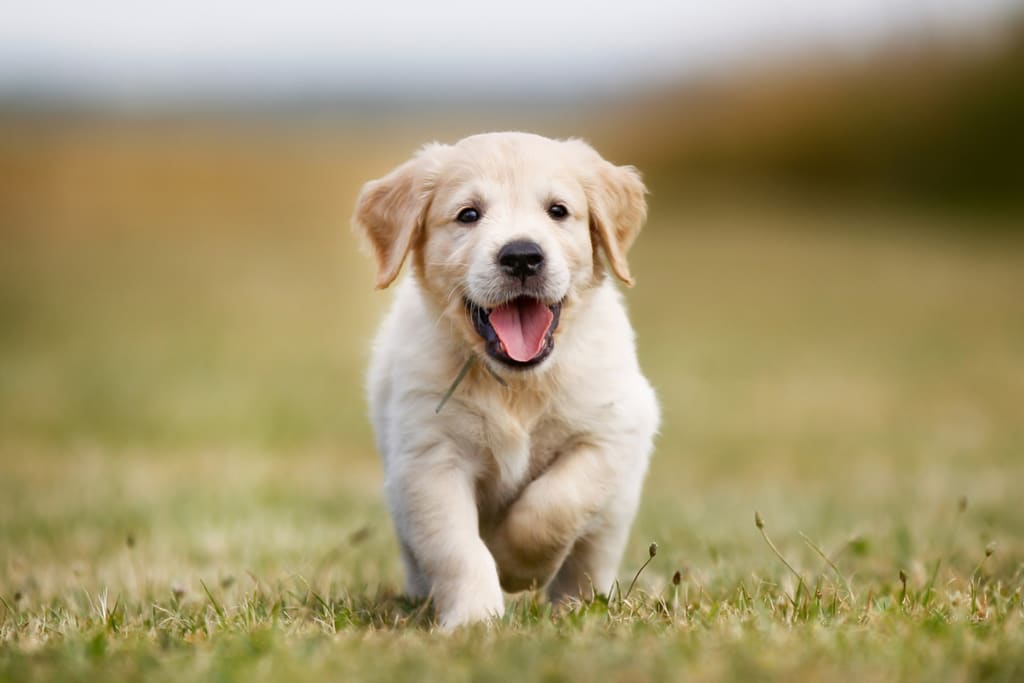Ensuring Canine Safety: Effective Strategies to Protect Your Dog from Leptospirosis Outbreaks
The Ultimate Leptospirosis Prevention Guide for Dog Owners

Welcome to our comprehensive guide on safeguarding your beloved canine companion from the threat of leptospirosis outbreaks. As responsible dog owners, it is crucial to understand the risks associated with this bacterial infection and take proactive measures to keep our furry friends safe. In this article, we will delve into the intricacies of leptospirosis, its transmission, symptoms, prevention methods, and necessary steps to prevent outbreaks. By implementing these strategies, you can provide your dog with a healthier and happier life.
Understanding Leptospirosis
Leptospirosis is a zoonotic disease caused by bacteria of the Leptospira genus. This infection primarily affects mammals, including dogs, and can pose significant health risks. The bacteria are commonly found in water and soil, especially in areas where animal populations are dense. Understanding the nature of leptospirosis is vital to protecting your dog's well-being.
Transmission of Leptospirosis
Leptospirosis is primarily transmitted through contact with the urine of infected animals. Dogs can contract the bacteria by drinking or swimming in contaminated water sources, such as puddles or stagnant ponds. The bacteria can also enter the body through mucous membranes or open wounds. Moreover, indirect transmission may occur through contact with objects or surfaces contaminated by infected urine.
Recognizing the Symptoms
When it comes to leptospirosis, early detection is paramount for swift and effective treatment. Being aware of the common symptoms associated with this bacterial infection can help you identify it in its early stages and seek prompt veterinary care. While the severity of symptoms can vary, there are several key signs to watch out for:
Fever: One of the most common indicators of leptospirosis in dogs is the presence of an elevated body temperature. If your dog exhibits an unexplained fever, it is crucial to monitor their overall health and consider the possibility of leptospirosis.
Loss of appetite: Leptospirosis can cause a significant decrease in your dog's appetite. They may show a lack of interest in their regular meals or exhibit a sudden reduction in their food consumption. This change in eating habits is a potential red flag for the presence of an infection.
Vomiting and diarrhea: Gastrointestinal symptoms, such as vomiting and diarrhea, can occur in dogs affected by leptospirosis. These symptoms may be intermittent or persistent, and they can lead to dehydration if not addressed promptly.
Muscle pain and stiffness: Leptospirosis can cause muscle pain and stiffness, leading to discomfort and limited mobility in affected dogs. You may notice your dog exhibiting signs of reluctance to move, struggling to walk or climb stairs, or showing signs of discomfort when touched.
Jaundice (yellowing of the eyes and skin): In some cases, dogs with leptospirosis may develop jaundice, a condition characterized by the yellowing of the eyes, gums, and skin. This yellow discoloration occurs due to liver dysfunction caused by the bacterial infection.
Increased thirst and urination: Leptospirosis can affect the kidneys, leading to increased thirst and urination in infected dogs. You may observe your dog drinking more water than usual and having a frequent need to urinate.
It is important to note that while these symptoms are commonly associated with leptospirosis, they can also indicate other health issues. Therefore, it is crucial to consult a veterinarian for a proper diagnosis if you notice any of these signs in your dog. Early detection and appropriate treatment significantly improve the chances of a positive outcome for your beloved pet.
Preventive Measures
1. Vaccination
Vaccination is a fundamental step in protecting your dog against leptospirosis. Consult your veterinarian to ensure your dog receives the appropriate vaccinations. A leptospirosis vaccine is often included in the combination vaccines administered to dogs. Adhering to a regular vaccination schedule helps safeguard your pet's health.
2. Minimize Exposure to Contaminated Areas
Limiting your dog's access to high-risk environments, such as areas with standing water or wildlife habitats, can significantly reduce the chances of infection. Always supervise your dog during outdoor activities and avoid letting them drink from unfamiliar water sources. Restricting their contact with potentially infected animals also plays a crucial role in prevention.
3. Maintain Hygiene Practices
Maintaining proper hygiene practices is essential to minimize the risk of leptospirosis. Regularly clean and disinfect your dog's living area, food and water bowls, and toys. Wash your hands thoroughly after handling your dog or any potentially contaminated items.
4. Consider Leptospirosis Testing
If you live in an area prone to leptospirosis outbreaks or suspect possible exposure, consult your veterinarian about conducting leptospirosis testing. Early detection allows for prompt treatment, increasing the chances of a positive outcome.
Conclusion
In conclusion, safeguarding your dog from leptospirosis outbreaks requires a proactive and vigilant approach. By understanding the transmission, recognizing symptoms, and implementing preventive measures such as vaccination, minimizing exposure, maintaining hygiene practices, and considering testing when necessary, you can significantly reduce the risk of infection. Protecting your canine companion from leptospirosis not only ensures their well-being but also contributes to a safer and healthier community of pets. Stay informed, take action, and provide your furry friend with the protection they deserve.
Remember, prioritizing your dog's safety and well-being is of utmost importance. By following these guidelines, you are taking a proactive stance against leptospirosis and safeguarding your canine companion's health. Stay informed, stay vigilant, and cherish the joyous moments you share with your beloved furry friend.
About the Creator
Mastering Dog Training & Care
"Mastering Dog Training & Care" - Your go-to resource for all things dog-related! Discover effective training techniques and expert tips for optimal dog care.
https://sites.google.com/view/theultimateguidetodoghealth/trang-ch%E1%BB%A7






Comments
There are no comments for this story
Be the first to respond and start the conversation.